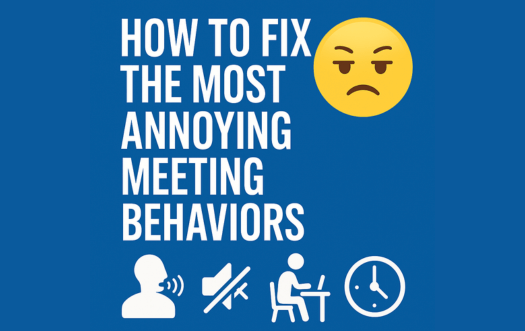
If you?re a leader, you probably wonder about how to prevent burnout in yourself and your team. It?s a goal but one that often gets forgotten during busy times. As a result, you and your employees pay the price for too much work and too much time spent on the job.
Why should you care? A study from the Trades Union Congress found that 244,000 new cases of work-related stress, depression or anxiety were diagnosed in the United Kingdom in 2013/14, or once every two minutes. More than 11 million work days were lost due to workplace stress, with symptoms ranging from sleeplessness to clinical depression.
Overworking is a serious problem and baseball offers a smart solution for burnout. It?s called a pitch count. The term refers to the number of pitches a baseball pitcher throws in a game.
This number is carefully monitored by managers and general managers. They know as the count grows, the pitcher will likely become less effective and more prone to injuries.
The strategy also requires teams to a take a long term view of players. In a close game, a pitcher may wish to continue throwing. While this competitive attitude is good, it can open the door to a career ending injury. As a result, the pitcher is pulled, even if it means losing the game.
To ensure the future of the game, Major League Baseball takes part in the Pitch Smart program which defines pitch count limits and mandatory rest for players. The guidelines start in Little League.
While it may be easy to dismiss a sport?s practices, it is worth noting that the 2014 Major League Baseball season produced more than $9 billion in revenue.
The smart leaders in baseball know that there are a finite number of people who can pitch at the major league level. As frustrating as it can be, longterm player heath needs to be a top consideration.
Many businesses strike out when it comes to providing a work-life balance. Perhaps the problem with this model is the acceptance of the concept of balance, which suggests something that is difficult to maintain and can easily tip in one direction or the other.
What if you stopped talking about work-life balance and instead considered a pitch count?
This shift would see you treat your staff like pitchers, where you would keep them focused on their most important tasks. The busy work or non-essential duties that come up would be assigned to others.
These people would be like a baseball team?s relief pitchers. They?re solid performers who can get the job done and can float from task to task.
While injuries from an office job are unlikely, burnout produces the same career threatening risks. As you know, someone who is experiencing burnout often will stay on the job for a while, even though his or her performance has fallen. When they eventually leave, you?re faced with the high cost of replacing them.
When unexpected or new initiatives come up in your business, it?s tempting to give one more of them to your top performers. Over time, this management mistake hurts everyone.
You may also have to play the role of baseball manager, forcing your talent to unplug at the end of the day, not check email after hours, and avoid working extra hours. Again, this is an example of a long term view of nurturing talent.
While it?s good to recognize those who put in extra work, sometimes people work longer, not because they need to, but because they can.
On the other hand, a baseball pitcher who knows that he has a limited amount of time to get the job done, will deliver a more focused performance. It?s another form of a deadline.
Creating limits makes sense because more time working, whether in baseball or in the office, does not mean better results.






